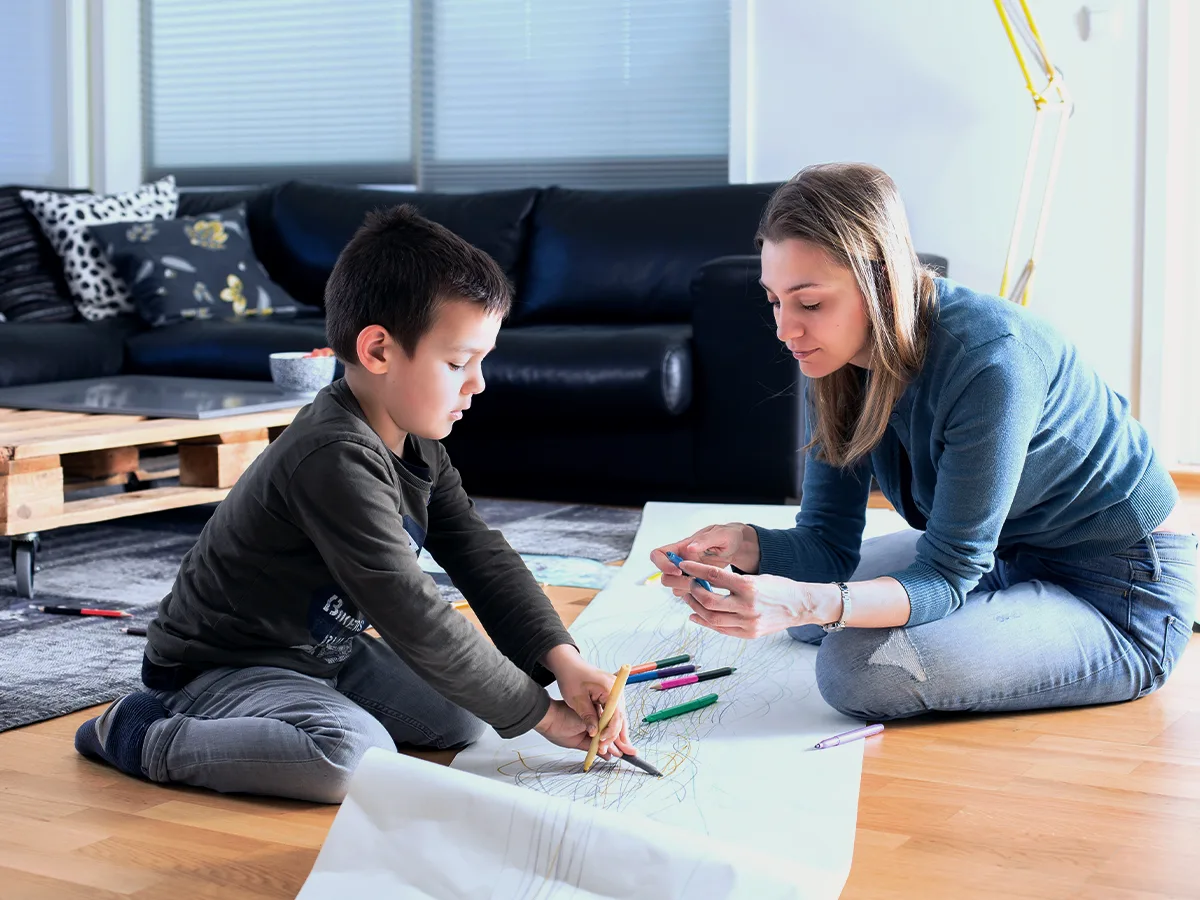6 signs your child is burned out
Learn how to spot signs of stress overload in kids who learn and think differently. Get tips to support your child’s well-being so they don’t burn out.
Kids can experience burnout for different reasons. It’s especially important to watch for signs of burnout in kids who learn and think differently. They’re working hard to build skills and may face more hurdles. Plus, like all kids, they’re dealing with the demands of school, home life, and the outside world.
Stress overload can dampen the motivation that keeps your child working to improve. Here are six common signs of burnout to watch out for.
1. Procrastination
Your child used to be motivated to start schoolwork right away. Now you have to give several reminders. And your child still complains and stalls.
2. Apathy
Your child seems to have stopped caring about things. In the past, when you asked, “How did speech therapy go today?” your child would describe the session in detail. Now your child just shrugs and says, “OK, I guess.”
3. Avoidance
Your child loved the first few months of being in a social skills group. Now your child comes up with excuses not to go. Or they’re coming up with excuses not to go to school at all.
4. Anxiety and fear
School has always been hard for your child. But the anxiety has become so intense that your child cries each night. Some kids also have test anxiety at the end of the school year, making them want to avoid school on test days.
5. Trouble concentrating
Your child can focus for only about 10 minutes before becoming distracted. It used to be for twice as long. Being overly stressed or tired can cause kids to “check out,” especially if they have extra tests and school work.
6. Irritability and negativity
Your child seems to be easily annoyed or upset by little things that weren’t a big deal in the past. Or, instead of their usual positivity, your child often says, “What’s the point?”
How to help
Recognizing the signs can help you make changes at home to prevent burnout. Start by asking what kinds of emotions your child has been feeling. Explain what burnout is, and then brainstorm with your child about what might help.
Explore tips for avoiding burnout. And learn more about stress and anxiety in kids who learn and think differently.






